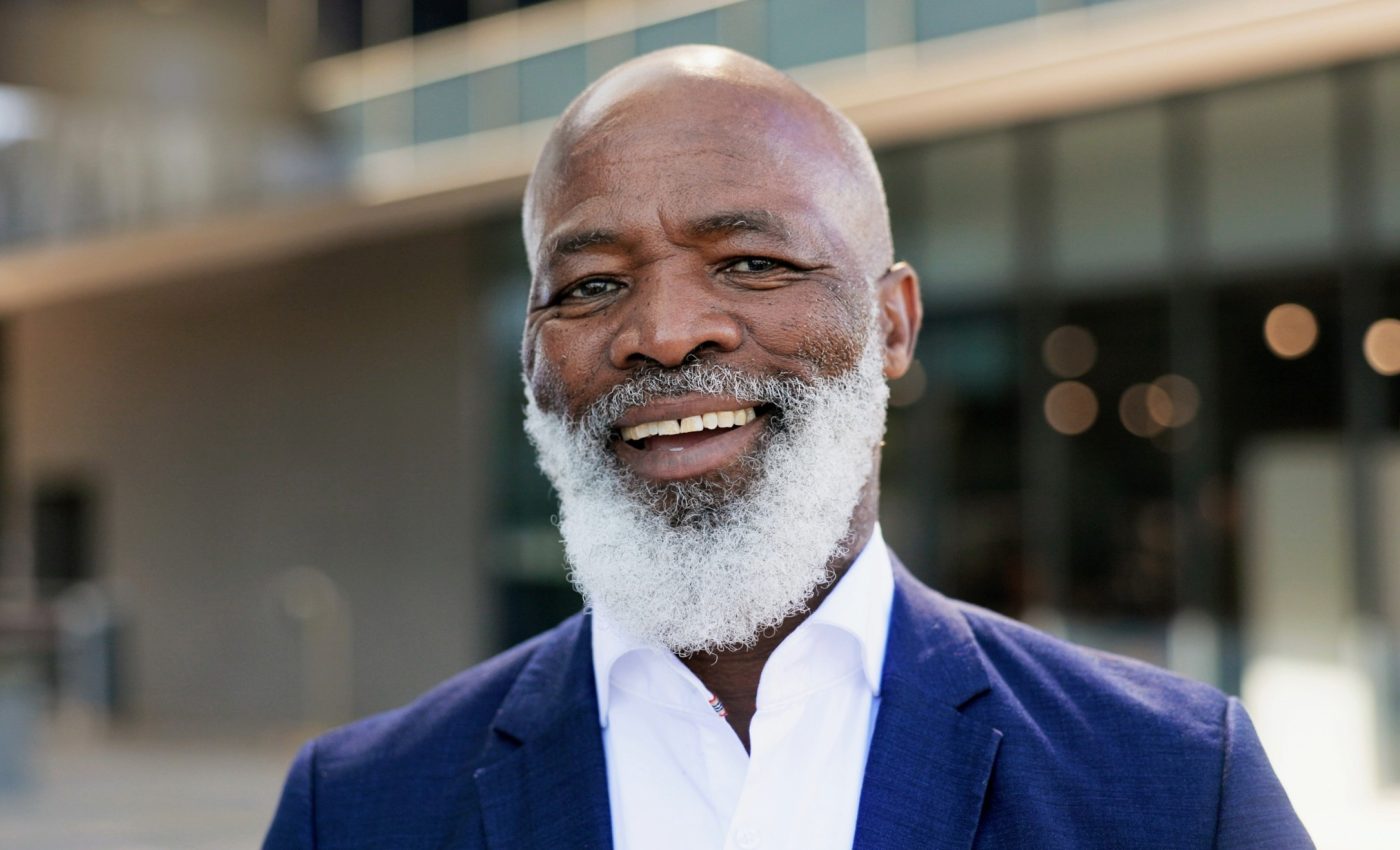
How do we recognize wisdom in people?
What does it mean to be wise? While each person may have their unique interpretation of wisdom, a recent study led by researchers at the University of Waterloo reveals some surprisingly consistent patterns in how we perceive wisdom across cultures and continents.
The study highlights that wisdom often encompasses qualities such as empathy, introspection, and the ability to see beyond immediate circumstances, supporting deeper connections among individuals.
Science of perceiving wisdom
The study was focused on the principles guiding our perception of wisdom in various spheres of life, including politics, science, and everyday interactions.
No matter where the participants hailed from, their notions of wisdom revolved around two key dimensions: reflective orientation and socio-emotional awareness.
Reflective orientation is all about logical thinking, controlling one’s emotions and applying knowledge effectively. On the other hand, socio-emotional awareness includes paying attention to the social context and caring for others’ feelings.
A global consensus
“To our surprise, the two dimensions emerged across all cultural regions we studied, and both were associated with explicit attribution of wisdom,” said Dr. Maksim Rudnev, a postdoctoral research associate in psychology at Waterloo and lead author of the study.
The implications of the research extend beyond academia. The findings provide profound insights into how people worldwide judge, trust, and support influential figures, be it leaders or educators.
Wisdom, politics and perception
Dr. Igor Grossmann is the senior corresponding author of the study and director of the Wisdom and Culture Lab at the University of Waterloo.
“While both dimensions of wisdom work together, people associate wisdom more with the reflective orientation. If someone is viewed as not able to reflect and think logically, then perceptions of them as socio-emotionally competent and moral won’t compensate,” said Dr. Grossman.
“You could see it in the immediate aftermath of the infamous Trump-Biden 2024 presidential debate: both candidates did not appear reflective, yet Trump seemed to have won the debate with many viewers perceiving Biden as socio-emotionally well-meaning but cognitively frail.”
Collaborative research effort
The study was a collaborative effort involving 26 research institutions, coordinated by the Geography of Philosophy consortium with researchers representing the North and South Americas, Asia, Africa, and Europe.
A total of 2,707 enthusiastic participants from diverse cultural and socio-economic backgrounds compared and rated the wisdom of 10 individuals and themselves.
How was this measured? They were presented with a real-life scenario involving a difficult choice with no clear right or wrong, and then asked to reflect and rate.
“Interestingly, our participants considered themselves inferior to most exemplars of wisdom in regard to reflective orientation but were less self-conscious when it comes to socio-emotional characteristics,” said Dr. Rudnev.
“Understanding perceptions of wisdom around the world has implications for leadership, education and cross-cultural communication.”
Wisdom perception across cultures
Cultural context plays a significant role in shaping how wisdom is perceived and valued. Different cultures may place varying degrees of emphasis on the importance of reflective orientation and socio-emotional awareness.
For instance, in collectivist societies, wisdom may be more closely associated with the ability to navigate social interactions and promote community harmony.
Conversely, in individualistic cultures, traits such as critical thinking and rational decision-making may be more pronounced in the definition of wisdom.
This nuanced understanding broadens our appreciation of wisdom as a fluid construct, deeply embedded within the fabric of cultural norms and values.
Implications for education and beyond
Understanding the fundamental dimensions of wisdom provides invaluable insights for leadership and education.
Leaders who embody both reflective orientation and socio-emotional awareness are likely to earn greater trust and respect from their constituents.
Moreover, in educational settings, promoting these qualities in students can lead to more thoughtful and empathetic individuals, capable of navigating complex social dynamics.
Encouraging reflective practices, such as critical thinking exercises and social-emotional learning, can cultivate a generation of wise leaders and citizens equipped to address the multifaceted challenges of an interconnected world.
Ultimately, understanding perceptions of wisdom across the globe has far-reaching consequences. It not only influences leadership and education but also plays a significant role in cross-cultural communication.
“It is the first step in understanding universal principles in how others perceive wisdom people in different contexts,” concluded Dr. Rudnev.
The study is published in the journal Nature Communications.
—–
Like what you read? Subscribe to our newsletter for engaging articles, exclusive content, and the latest updates.
Check us out on EarthSnap, a free app brought to you by Eric Ralls and Earth.com.
—–













